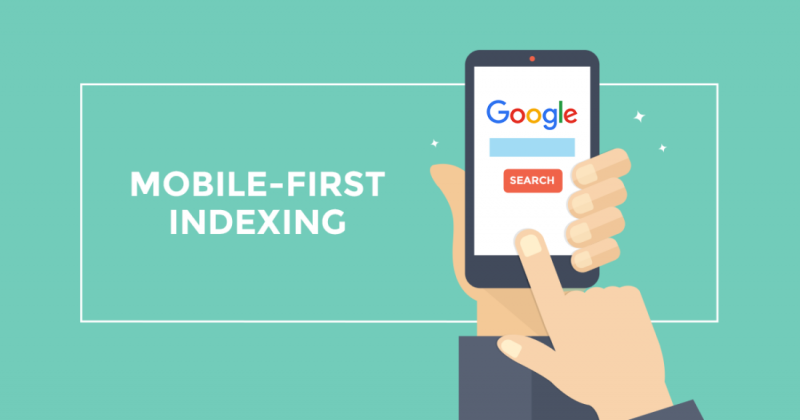Google is rolling out a new feature for Google Search. The search engine giant is officially adopting a Mobile-first (mobile-friendly) index. This means Google will index web pages based on the mobile version rather than the desktop version. This could be a huge deal in the long run.
Google started testing the Mobile-first strategy over a year ago. And in December 2017, the company began transitioning a few web pages to mobile-first indexing.
Why Does Mobile-First Indexing Matter?
Mobile devices have been growing in number over the last few years, and so have the amount of traffic coming from them. According to Google, over 50% of all search traffic came from mobile. This goes to confirm that mobile has become the primary medium for accessing the internet.
Therefore, adopting mobile-first indexing is only a testament to this fact.
Googlebot is ramping up for 📱🗂️ mobile-first indexing. Want to find out more? Check out:
👉 our blog post at https://t.co/1mglj5U5ch
👉 our best-practices guide at https://t.co/yo4mGQZkqh— Google Search Central (@googlesearchc) March 26, 2018
To ensure that users get content that suit their devices, Google had favoured a split approach for mobile and desktop users. It maintained two indexes for both platforms. But that is going to change now. Google will now maintain one index and rank pages based on how mobile-friendly they are.
What Impact Will this Have?
Now, of course, this is not an algorithm change like Hummingbird or Penguin. But it will definitely have impact on search results.
New Google announcement this morning…Mobile first indexing is now live. (Although, it has been live for some sites for a while now.)
You'll get a notification once Google has shifted you to mobile first indexing:https://t.co/dAEYywrOj9 pic.twitter.com/eXiIU9aEnk
— Dr. Marie Haynes🐧 (@Marie_Haynes) March 26, 2018
In Nigeria, some websites have continued to favour having two versions: one for mobile and desktop. The mobile versions are usually stripped down versions and contain few content relative to the desktop version.
Well, Mobile-first indexing will affect these sort of websites. As Google will crawl the mobile version only and if it has few contents, then expect a drop in search traffic.
Also, some websites have no mobile version. For instance the Nigerian Bureau of Statistics. Now of course its reputation precedes it. But for other none-reputable websites, this would lead to lower search traffic from mobile.
After a year-and-a-half of testing, Google mobile-first indexing is beginning. This is where we index what's on a mobile-version of a page rather than the desktop version. Rollout will be slow; we always will use desktop if no mobile version. Blog post https://t.co/pIY8OrkrBf
— Google SearchLiaison (@searchliaison) March 26, 2018
Remember folks: mobile-first index — It only means the desktop content is crawled with a mobile-first crawler. If your site is desktop only, it will still be relevant in rankings.
— Pedro Dias (@pedrodias) March 27, 2018
Thankfully, the mobile-first rollout will be slow. This should allow websites to catch on and become mobile friendly before a complete roll out.
What Can Be Done?
There is no way around for this; ensuring that web pages are mobile-friendly, is the only way to go. The first thing to do is determine if your web-page is mobile-friendly. If not, you can begin making the right adjustments.


The trick is to use Google Mobile Friendly Test tool to check if your web-page is mobile-friendly. If it is, then congratulations! If it’s not, then you’ll need to do a lot of work.






